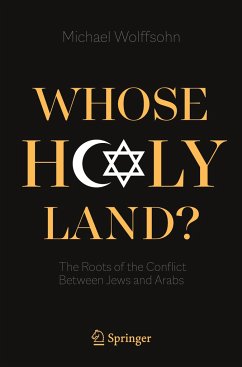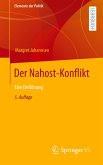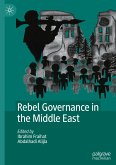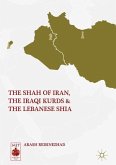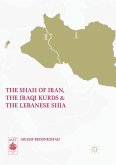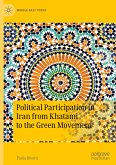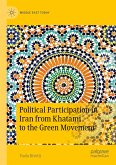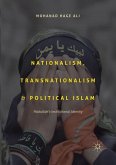This book explains the historical roots of the conflict between Jews and Arabs, which has lost none of its explosiveness to the present day, in a comprehensive and easy-to-understand manner.
The question of who owns the Holy Land is more relevant today than ever. The debates on this topic are often characterized by ignorance and strong emotions, while partiality and power interests still obscure the view on the political situation in the Middle East.
Shaking up old myths and prejudices, this book presents an overall historical as well as political analysis of the Jewish, Christian, and Muslim structures, actors, and actions from the very beginning to this very day, as well as a topical analysis. It combines history with theology and political science.
Thus, the book is a must-read for scholars and students of political science, history, and international relations, as well as policy-makers, interested in a better understanding of the historical background and current political situation in the Middle East.
The question of who owns the Holy Land is more relevant today than ever. The debates on this topic are often characterized by ignorance and strong emotions, while partiality and power interests still obscure the view on the political situation in the Middle East.
Shaking up old myths and prejudices, this book presents an overall historical as well as political analysis of the Jewish, Christian, and Muslim structures, actors, and actions from the very beginning to this very day, as well as a topical analysis. It combines history with theology and political science.
Thus, the book is a must-read for scholars and students of political science, history, and international relations, as well as policy-makers, interested in a better understanding of the historical background and current political situation in the Middle East.

